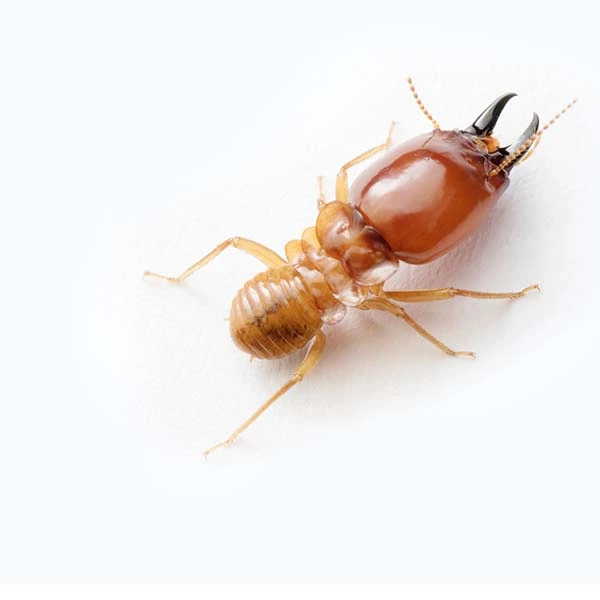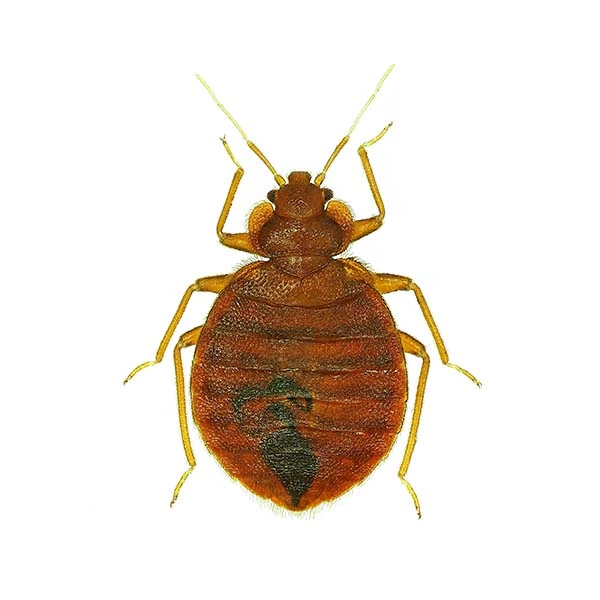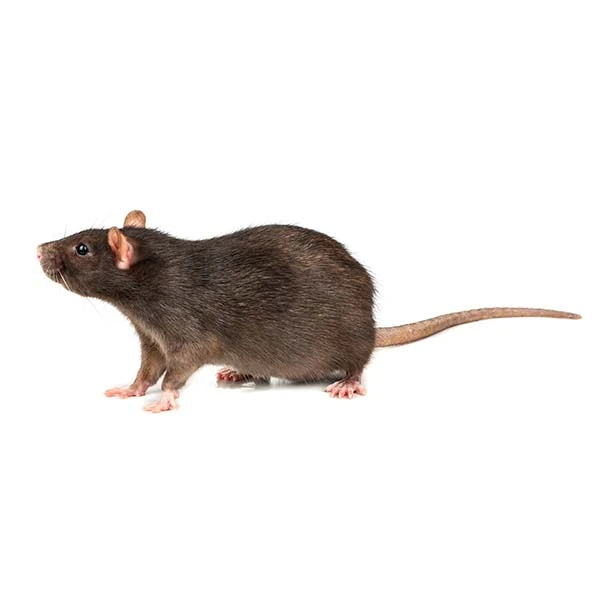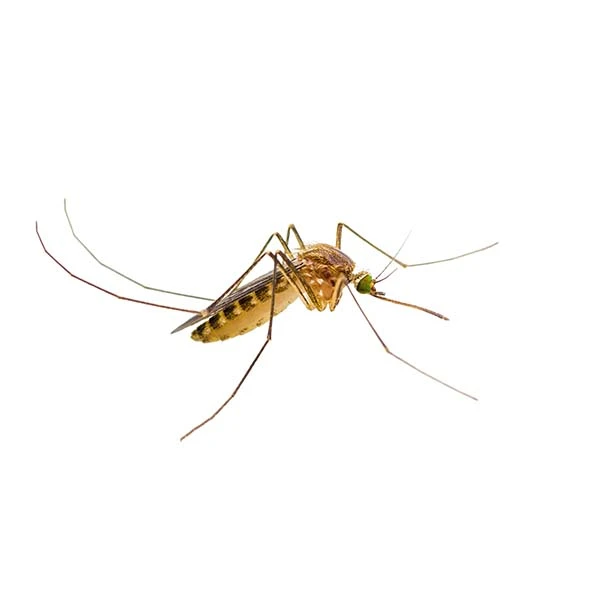We are committed to providing high-quality, reliable pest control services to homeowners and businesses in the region. Our team of licensed professionals has years of experience and is dedicated to using the latest techniques and products to ensure that your home or business is free from pests.

At Stat Pest Control, we offer a wide range of pest control services to meet the needs of our clients.
We have the expertise and experience to get the job done right. We use safe and effective products to ensure your complete satisfaction, and we offer customized pest control plans to meet your specific needs.
As a homeowner, the last thing you want to deal with is a pest infestation. From ants and roaches to spiders and rodents, pests can be a real nuisance in your home. At Stat Pest Control, we offer comprehensive residential pest control services to keep your home pest-free. Our team will work with you to develop a customized pest control plan that meets your specific needs. We use safe and effective products to ensure that your home is free from pests, and we offer flexible scheduling to fit your busy lifestyle.
Pests can be a serious problem for businesses, causing damage to property, spreading disease, and damaging your reputation. At Stat Pest Control, we offer comprehensive commercial pest control services to keep your business pest-free. We understand the unique needs of businesses, and we work closely with our clients to develop customized pest control plans that meet their specific needs. Whether you need monthly, bi-monthly, or quarterly pest control services, we can help.

Termites can cause serious damage to your home or business, often going undetected for months or even years. At Stat Pest Control, we offer comprehensive termite control services to keep your property safe from these destructive pests. Our team of licensed professionals will conduct a thorough inspection of your property to identify any termite activity, and we will develop a customized treatment plan to eliminate the infestation and prevent future damage.

Bed bugs can be a real problem for homeowners and businesses, causing discomfort and embarrassment. At Stat Pest Control, we offer comprehensive bed bug extermination services to eliminate these pests from your property. Our team of licensed professionals will conduct a thorough inspection of your property to identify any bed bug activity, and we will develop a customized treatment plan to eliminate the infestation and prevent future outbreaks.

Rodents can cause serious damage to your property, spreading disease and causing contamination. At Stat Pest Control, we offer comprehensive rodent control services to eliminate these pests from your property. Our team of licensed professionals will conduct a thorough inspection of your property to identify any rodent activity, and we will develop a customized treatment plan to eliminate the infestation and prevent future outbreaks.

Mosquitoes can be a serious problem in Florida, especially during the warmer months. They not only cause annoying bites but can also transmit dangerous diseases such as West Nile virus and Zika virus. At Stat Pest Control, we offer comprehensive mosquito control services to keep your property mosquito-free. Our team of licensed professionals will conduct a thorough inspection of your property to identify breeding sites, and we will develop a customized treatment plan to eliminate the mosquitoes and prevent future infestations.
At Stat Pest Control, we pride ourselves on our comprehensive and effective pest control process. Here is a brief overview of the steps we take to ensure that your property is pest-free:

Our team will conduct a thorough inspection of your property to identify any pest activity and potential entry points.

We use safe and effective products to eliminate pests from your property, while also ensuring the safety of your family or employees.

After treatment, we will conduct follow-up inspections to ensure that your property remains pest-free.


If you are in need of pest control services in Fort Myers, FL or the surrounding areas, don’t hesitate to contact us at Stat Pest Control. We offer free consultations and customized pest control plans to meet your specific needs. You can reach us by phone at 239-500-7828 or through our website to schedule an appointment today.
At Stat Pest Control, we provide complimentary home consultations to assess your pest control needs.
Our monthly pest control plans start at $35 and can go up to $85 depending on the frequency of services and the level of coverage. Basic pest control plans range from $30 to $60 per month.
Given the conducive weather conditions for pests in Florida, we recommend scheduling pest control services at least quarterly for optimal protection.
Absolutely! Investing in pest control services is a proactive measure that can help prevent potential damage to your home, and protect you and your family’s health and wellbeing.
When applied responsibly and as directed, pest control treatments do not have any negative effects. It is important to work with a reputable pest control company that uses safe and effective products.
We recommend scheduling pest control services a minimum of four times a year to ensure consistent and effective protection.
Cleaning and tidying up your home before the exterminator arrives can help to reduce possible hiding places for pests and make the technician’s job more effective.
Bugs are active year-round in Florida, but they tend to be more active and troublesome during the rainy season.
Proactively scheduling pest control services is the best approach to pest management, rather than waiting until an infestation occurs.
Pests require a few key things to thrive: food, water, and shelter. By addressing these conditions, you can help to make your home less attractive to pests.
It is safe to clean anytime after the pest control products have dried up. However, we recommend waiting at least a week to allow for optimal efficacy of the treatments.
It is normal to see increased activity of pests after each treatment, as they come into contact with the products. However, we typically ask our customers to allow up to two weeks for the full effect of the treatments to take place, as pests go through a death cycle.
